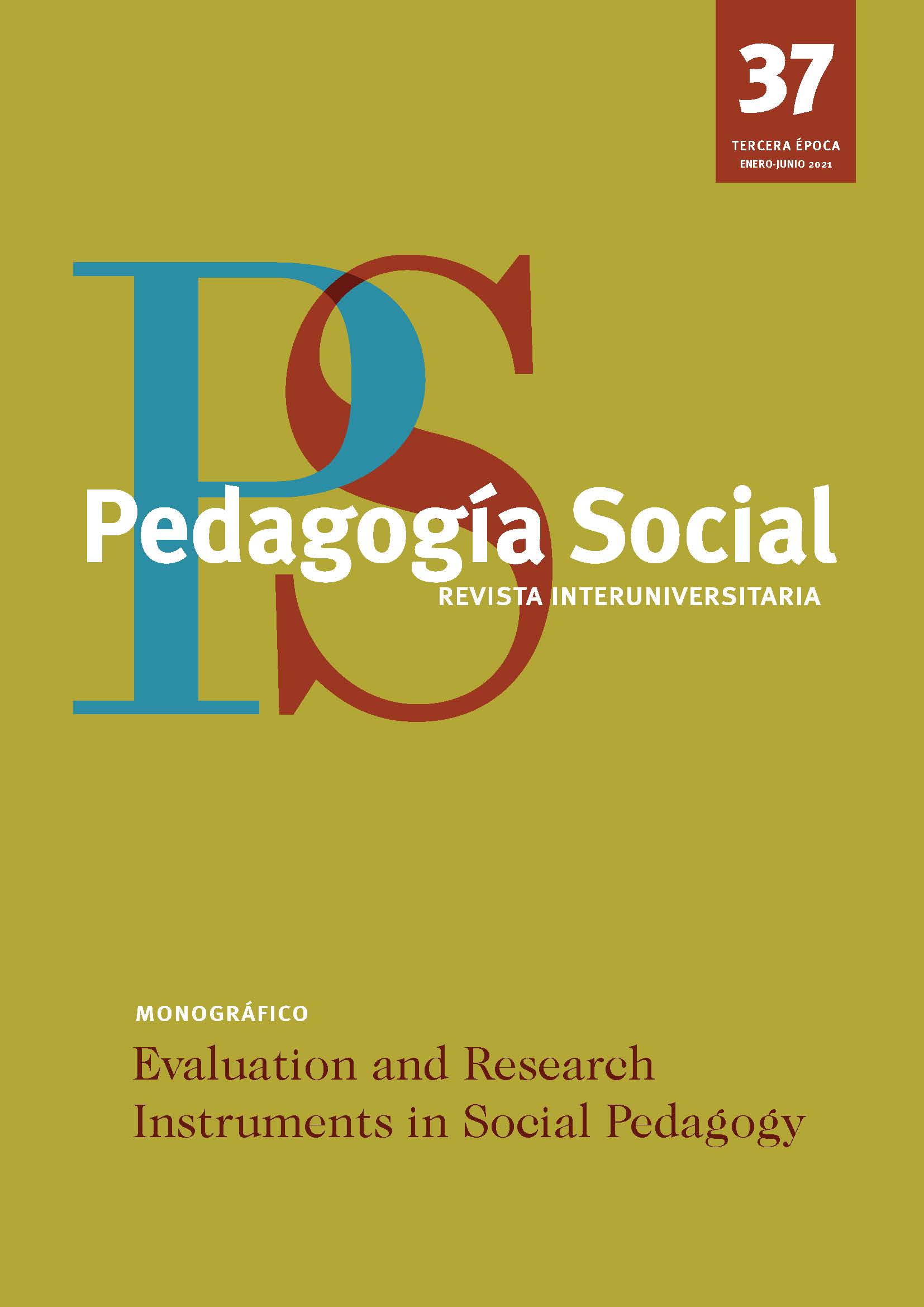Analysis of the theorical model of the situational test for measuring the development of basic employability competences: the workers’ perspective
Keywords:
vocational guidance, career guidance, employability skills, employability, labour marketAbstract
The aim of this study is to analyse, from the workers’ perspective, the employability model developed by the research group IARS linked to the Situational Test for measuring the Development of Basic Employability Competences (Test Situacional de Desarrollo de las Competencias Básicas de Empleabilidad). The hypothesis was that basic employability competences proposed by this model are necessary to attain, remain and be promoted within the labour market regardless of the economic sector, sex, age and work experience. A questionnaire was completed by 255 workers from different professional sectors. They evaluated the need for eight basic employability competences proposed in the model to obtain and retain their position and also to be promoted: self-organization; training-career plan; decision-making; teamwork; communication; flexibility; perseverance; responsibility/co-responsibility. The competences were perceived to be very necessary to attain, maintain and to be promoted within the position, although the competences were considered progressively more relevant as workers’ progress along their professional career. All competences were assessed as necessary for different jobs independently of the professional sector, sex, age, and difficulties accessing the labour market after being unemployed. Only some nuances with small size effect were detected. To initially obtain their first job, flexibility is the competence most valued by women and young people, whereas for workers aged 25 to 54, it is the construction of a training-career plan. With regards to maintaining a position, perseverance is most valued by workers who have experienced more difficulties accessing the labour market or have been unemployed. Regarding promotion, teamwork is seen as key by those who have remained at the same company for the longest time. The results endorse the validity of the model and allow for advances to be made in constructing psychoeducational instruments for developing the employability basic competences from an early age.
Downloads
Downloads
Published
How to Cite
Issue
Section
License
Copyright (c) 2021 Pedagogía Social. Revista Interuniversitaria

This work is licensed under a Creative Commons Attribution-NonCommercial-ShareAlike 4.0 International License.
Copyright and right to archive
The published version of the articles can be self-archived by their authors in open access institutional and thematic repositories. However, Pedagogía Social. Revista Interuniversitaria must authorize partial or global reutilisation on new papers or publications.
Published papers must be cited including the title of the journal Pedagogía Social. Revista Interuniversitaria, issue, pages and year of publication
Ethical responsibilities
Pedagogía Social. Revista Interuniversitaria does not accept any material that has been previously published in other documents or publications. Authors are responsible for obtaining the required permissions for partial or global reproduction any material from other publications, and to correctly quote its origin.
Pedagogía Social. Revista Interuniversitaria is obliged to detect and report fraudulent practices.
Only those who have intellectually contribute to the development of the paper must appear as authors.
The journal expects authors to declare any commercial partnership that might entail a conflict of interest with respect to the submitted article.
Authors must mention in the article, preferably in the “methodology” section, that the procedures used during the samplings and controls have been made after getting informed consent.
The journal will not use any received contribution in a way other than the goals described in these guidelines.
Copyright Notice
© Pedagogía Social. Revista Interuniversitaria. Papers published in both the printed and online versions of this Journal are property of Pedagogia Social. Revista Interuniversitaria, being required to cite the source in any partial or total reproduction.
Unless otherwise stated, all content of this electronic journal is distributed under "Creative Commons Attribution-Non commercial 3.0 Spain" (CC-by-nc) license for use and distribution. The informative version and the legal text of this license is available here. This has to be expressly stated in this way when necessary.






